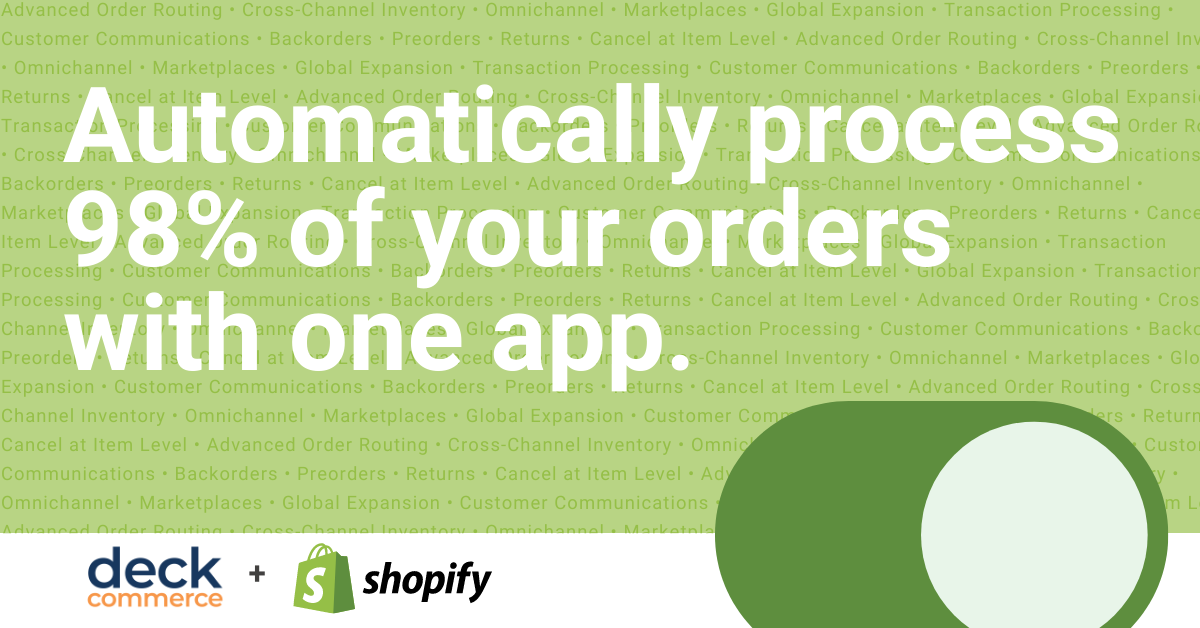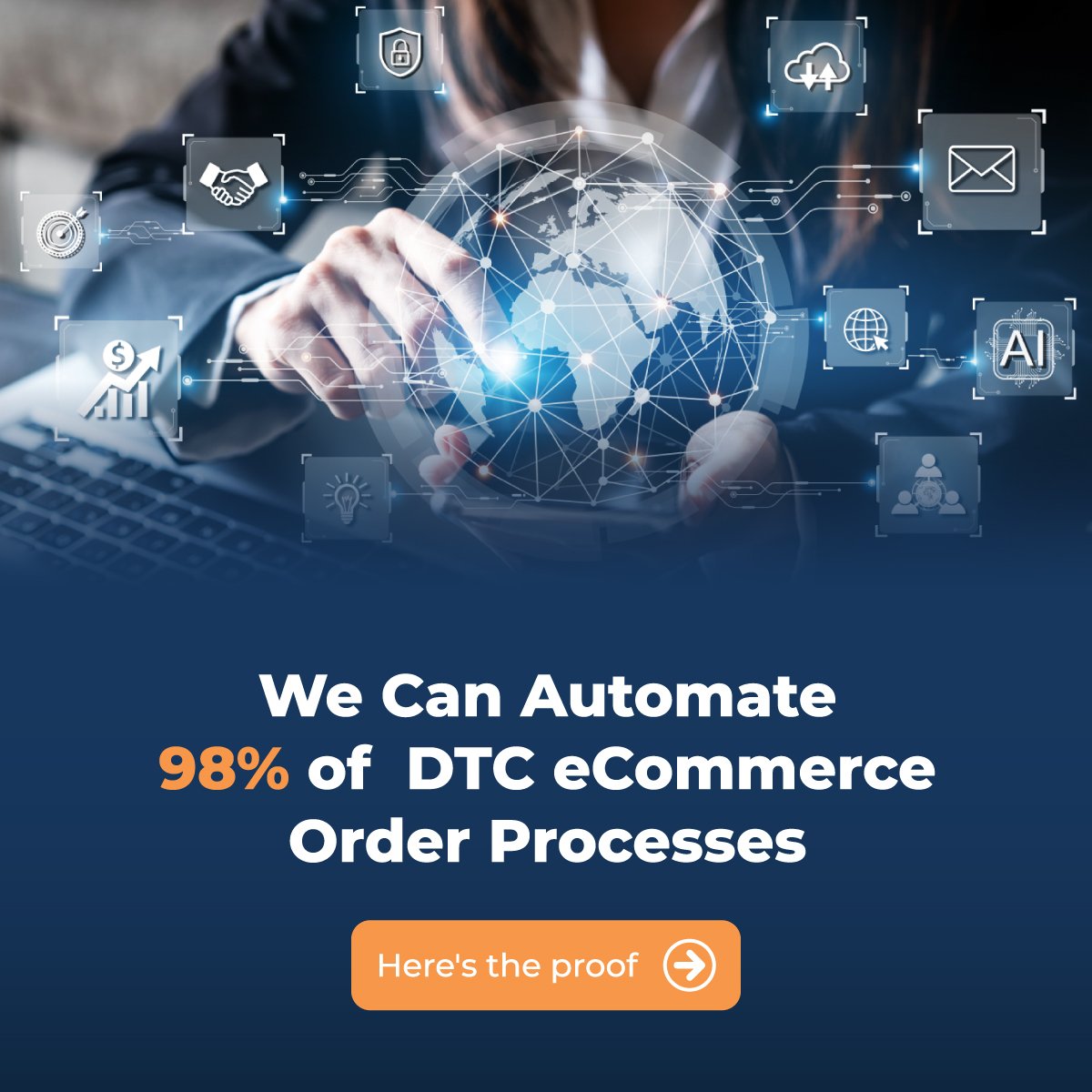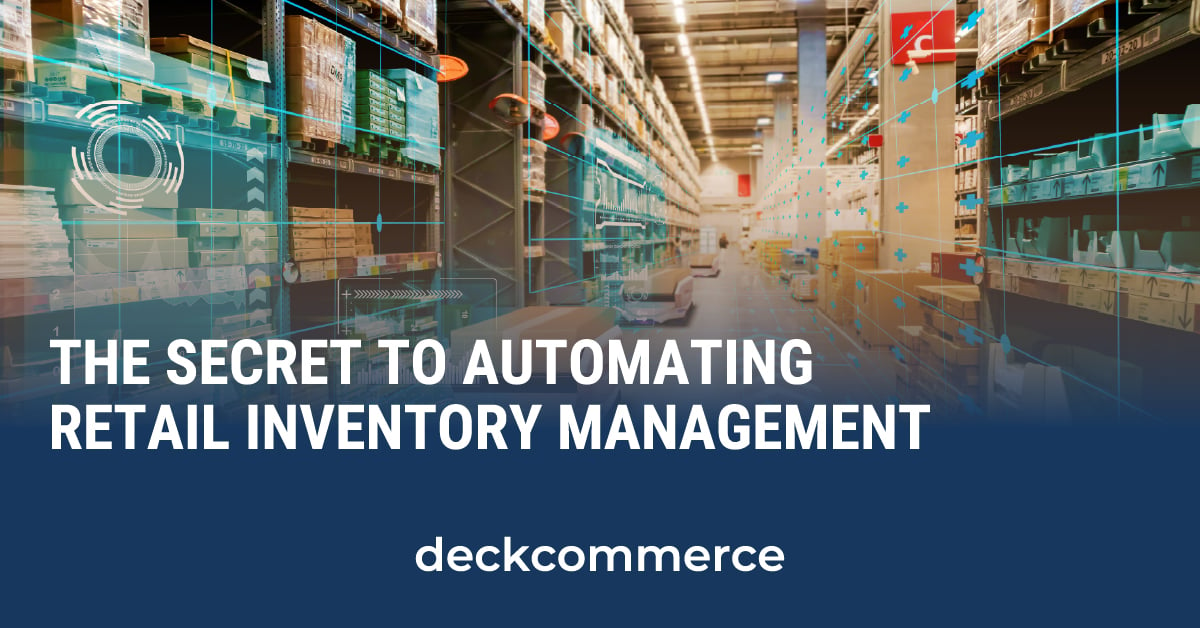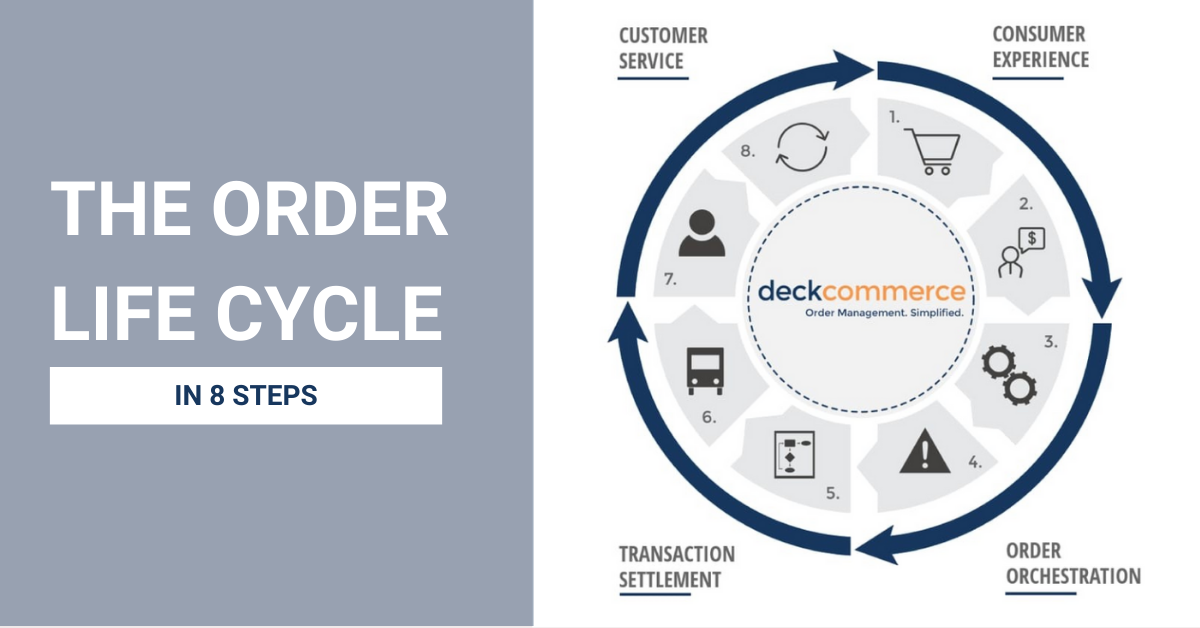
Shopify stands out as a platform of choice for many merchants. However, as these businesses grow and face more complex operations, the limitations of Shopify's native order management software become apparent.
This blog guides Shopify store operators through identifying and implementing real solutions that can enhance their order management operational efficiency.
Why Merchants Love Shopify

Shopify has become a popular choice for many businesses, from startups to enterprise-level brands, and for good reason. It's renowned for its ease of use, offering a user-friendly interface that makes managing an online store straightforward. The platform enables merchants to create stunning, aesthetically pleasing storefronts that appeal to a wide audience.
One of the key attractions of Shopify is its cost-effectiveness, often coming in significantly cheaper than competitors, which lowers the total cost of ownership. This affordability has led to a growing trend of enterprise brands switching to Shopify.
Despite these advantages, it's important to note that Shopify is best-in-class for creating storefronts but has limited order management capabilities. This is where the need for an Order Management System (OMS) becomes evident for brands looking to expand and scale efficiently on Shopify.
Read Case Study: Saje Natural Wellness' Migrates from Salesforce Commerce Cloud to Shopify with Deck Commerce
The Limitations of Native Shopify Order Management
While Shopify provides a user-friendly platform for e-commerce businesses, its native order management system has serious limitations.
Especially for enterprise businesses with more complex needs.
If these issues sound familiar, don’t worry. There is a solution!
Shopify OMS |
The Impact On Merchants |
|
Inventory Management Challenges |
Shopify's system may struggle with the complexities of managing inventory across multiple sales channels. Or for businesses with diverse product ranges, leading to potential stock discrepancies. |
|
Limited Customization |
The platform limits customization in order management processes and workflows. This results in misalignment with the unique requirements of more sophisticated business models. |
|
Inadequate Integration |
Shopify's native integration features can be insufficient for businesses seeking to create a comprehensive e-commerce ecosystem, possibly leading to operational inefficiencies. |
|
Reporting and Analytics |
While Shopify provides basic reporting, it may not offer the in-depth insights necessary for strategic decision-making. |
|
Returns and Exchanges |
The platform's limitations in managing returns and exchanges can impact customer satisfaction and retention. |
|
Scalability Concerns |
As businesses grow, Shopify’s native solutions may struggle to scale. This impacts the ability to manage increasing order volumes and expanding market demands. |
The Need for Order Management Systems (OMS)

While an excellent storefront, Shopify does not function as an order management system. As businesses expand and customer expectations evolve, the necessity for enhanced order management becomes increasingly apparent. While it may suffice for startups, Shopify struggles to keep pace with the scaling demands of larger businesses.
This is where dedicated eCommerce OMSs come into play, offering the much-needed flexibility, customization, and advanced features essential for efficiently managing complex operations.
An OMS like Deck Commerce, not only complements Shopify's functionalities but also brings a suite of advanced features to tackle the challenges of scaling businesses in the digital marketplace.
It fills the gaps in Shopify's capabilities, notably in real-time inventory tracking, providing omnichannel experiences, advanced reporting, and streamlined returns and exchanges.
Here’s how.
Overcome Shopify’s Order Management System Limitations With Deck Commerce
As Shopify merchants evolve and scale, they often encounter limitations with Shopify's native capabilities. This is where Deck Commerce steps in, offering tailored solutions to bridge these gaps.
From seamless integration with complex back-end business systems to managing multi-channel sales and handling enterprise-level inventory and order complexities, Deck Commerce provides a comprehensive solution.
Complex Business System Integrations
Deck Commerce excels in integrating complex business systems with Shopify for enterprise merchants. It facilitates seamless connections with major enterprise resource planning (ERP) systems such as SAP, Oracle, D365, Manhattan, Infor, and JDE.
This integration capability is vital for merchants who require advanced data model mapping and flexibility to accommodate their intricate operational needs.
Multi-Channel & Marketplace Integration
For Shopify merchants expanding into multiple channels and marketplaces, integrating everything smoothly can be quite a hurdle. This is where a solution like Deck Commerce makes a significant difference.
It's designed to simplify the process, ensuring that managing sales across various platforms, like eBay and Amazon, is streamlined and efficient. Its focus on providing accurate inventory feeds and tailored order workflows for each channel helps merchants maintain consistency and accuracy in their multi-channel retail strategy, enhancing the overall selling and buying experience.
Support for Advanced Inventory & Order Complexity
Deck Commerce steps in as a powerful ally for Shopify merchants tackling the complexities of advanced inventory. It consolidates inventory data from various sources, including multiple warehouses and retail locations.
This feature is a game-changer for those needing a comprehensive view of their stock levels, ensuring that inventory is tracked and managed accurately across their entire network. Deck Commerce's approach simplifies inventory management, even for businesses with extensive and diverse product ranges.
Distributed Order Management and In-Store Fulfillment
Shopify's native capabilities in distributed order management and in-store fulfillment, while functional for basic needs, reveal significant limitations as the complexity and scale of a business increase.
These limitations become apparent in areas like shipment routing, where Shopify's system relies on basic logic and manual updates. Similarly, its shipment-splitting process can be cumbersome and inadequate for larger-scale operations.
Furthermore, Shopify's approach to in-store fulfillment, primarily through Local Deliveries, lacks the depth and sophistication required for diverse, large-scale omnichannel retailing.
These capabilities position Deck Commerce as a robust alternative for Shopify merchants needing more comprehensive order management and fulfillment features.
- Shipment Routing: Overcomes Shopify's basic logic with sophisticated routing, optimizing based on various factors for efficiency.
- Shipment Splitting: Automates and streamlines splitting processes, contrasting Shopify's manual and less efficient approach.
- In-Store Fulfillment: Enhances beyond Shopify's Local Deliveries with a Store Center, supporting diverse options like Ship-from-Store, BOPIS, Curbside, STS, and BORIS.
Customization and Personalization in Order Processing
Deck Commerce's capabilities in customization and personalization ensure that merchants can cater to specific customer needs without compromising order management efficiency.
These features enable Shopify merchants to offer a broader range of products and services while maintaining high customer satisfaction and operational efficiency.
- Facilitating the handling of custom and personalized products, which often require special attention and workflows.
- Allowing for the addition of unique item-level attributes, crucial for custom orders.
- Providing automated and tailored order processing workflows, ensuring that each custom order is managed effectively and efficiently.
Automating and Streamlining Order Processing
Automated order processing is crucial for businesses dealing with high volume or complex order requirements. These features reduce manual intervention, streamline operations, and enhance customer experience.
- Handling grace periods, allowing customers to modify or cancel orders within a specific timeframe.
- Efficient management of pre-orders and back orders, ensuring timely and accurate processing.
- Implementation of custom workflows to accommodate unique order types or customer preferences.
Advanced Payment Processing and Fraud Management
Deck Commerce emerges as a formidable option for merchants seeking payment processing solutions beyond what's offered natively in Shopify.
It integrates with leading payment providers like Cybersource, Braintree, Adyen, Klarna, and Afterpay, offering a versatile and secure payment ecosystem.
Additionally, as businesses grow and the risk of financial fraud increases, its comprehensive integration with top fraud detection tools becomes increasingly vital, providing a robust layer of security for large-scale transaction processing.
Email Marketing & Transactional Email Integration
Deck Commerce significantly enhances email marketing and transactional emails for Shopify merchants, offering capabilities beyond Shopify's basic offerings like order confirmations and shipping updates.
It allows for creating additional order-processing emails, such as interim status updates, and includes detailed order-processing data in these communications.
Furthermore, Deck Commerce integrates with a wide range of leading email marketing vendors, facilitating more sophisticated email marketing strategies to significantly improve return on investment (ROI) for merchants, especially those operating at scale.
This integration expands the potential for targeted and effective customer communication.
Extend the Power of Native Shopify Order Management Software with Deck Commerce
Adding advanced Order Management System (OMS) functionality is crucial for Shopify merchants facing the platform's native limitations, especially for those at an enterprise level.
Choosing the right OMS is a critical decision that can significantly impact a merchant's ability to manage complex order processes and inventory effectively. A thorough evaluation of potential OMS solutions should be conducted to ensure they meet specific business needs, enhance operational efficiency, and offer scalability.
Deck Commerce stands out as an all-in-one OMS solution tailored for Shopify merchants. It offers plug-and-play integrations and comes equipped with pre-configured workflows, ensuring minimal disruption and seamless scalability.
Deck Commerce's robust feature set addresses Shopify’s inherent limitations, making it an ideal choice for merchants seeking to enhance their e-commerce capabilities and grow their business efficiently.
Want to further explore how Deck Commerce can extend your Shopify OMS capabilities while saving your time and money? Let’s talk!

.png?width=1200&height=628&name=Shopify%20Announcement%201200%20x%20628%20px%20(5).png)








.png?width=2000&height=2000&name=Blog%20Directory%20CTA%202000x2000%20px%20(2).png)






.png?width=2000&height=2000&name=Blog%20Directory%20CTA%202000x2000%20px%20(3).png)
